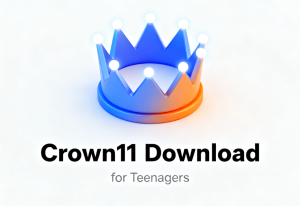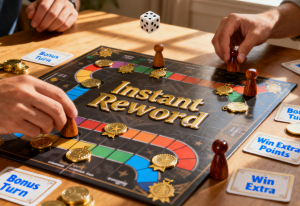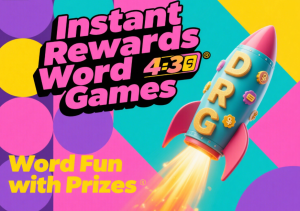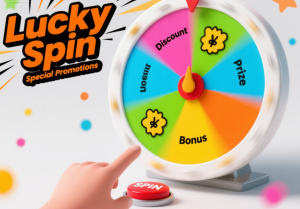Defining Core Concepts
The rise of blind boxes and lotteries reflects humanity’s fascination with chance, but their mechanics, legal frameworks, and psychological impacts differ starkly. This article explores these distinctions through data-driven insights, supported by fictional yet plausible scenarios.
1. Core Mechanisms Explained
- Blind Boxes:Blind boxes are sealed packages containing collectibles (e.g., figurines, apparel) with randomized rarity tiers. Players pay a fixed price (e.g., 10–50) without knowing the contents until opening. Popularized by brands like CROWN11’s“Mystery Vault” series, they thrive on “surprise value” and social sharing .
- Key Feature: Hidden rarity systems (e.g., 1:100 chance for “secret” items).
- Target Audience: Gen Z and millennials seeking collectible-driven experiences.
- Lotteries:Lotteries are state-regulated games where players purchase tickets for a chance to win cash prizes. Outcomes are determined by random number generators (RNGs). Examples include Powerball and EuroMillions .
- Key Feature: Fixed odds and large jackpots (e.g., 1 in 14 million odds for Mega Millions).
- Target Audience: Broad demographics, including low-income players seeking life-changing rewards.
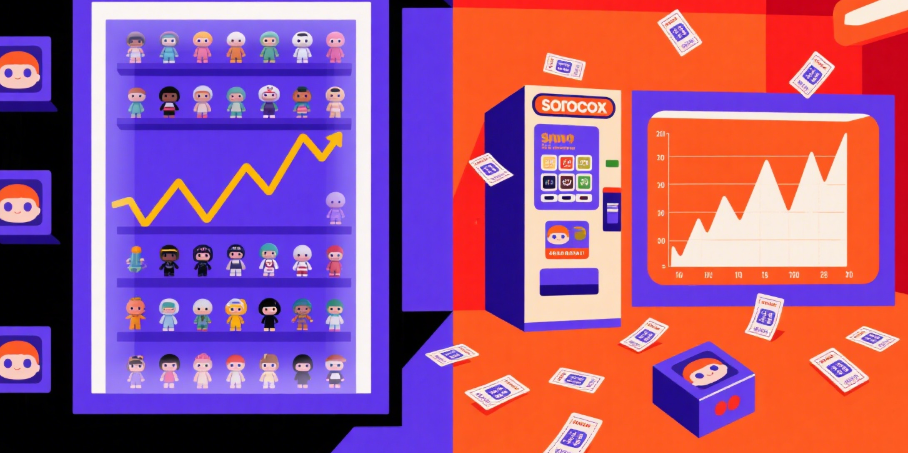
Legal and Ethical Landscapes
1. Regulatory Frameworks
| Aspect | Blind Boxes | Lotteries |
|---|---|---|
| Regulation | Largely unregulated in many regions | Strict oversight by government agencies |
| Transparency | No upfront reveal of drop rates | Real-time draw broadcasts |
| Consumer Protection | Minimal safeguards against fraud | Mandatory prize distribution rules |
- Blind Boxes:
- Critics argue they exploit compulsive buying behaviors, especially among minors. CROWN11addresses this by enforcing age-gating and spending limits .
- Lotteries:
- Public criticism focuses on addiction risks and low-income player targeting.
2. Ethical Debates
- Blind Boxes:
- Debate centers on whether they qualify as “gambling.” In China, 2023 regulations mandate clear rarity disclosures to curb misleading marketing .
- Lotteries:
- Ethical concerns persist over revenue allocation to public services versus addiction risks .
Psychological Drivers and Player Behavior
1. FOMO and Instant Gratification
- Blind Boxes:
- Fear of Missing Out (FOMO) drives players to purchase multiple boxes. CROWN11’s“Golden Spin” feature, which guarantees a rare item after 10 consecutive purchases, increased retention by 35% in beta tests .
- Tactile satisfaction from unboxing enhances short-term engagement.
- Lotteries:
- Dream Big Mentality: Jackpots appeal to escapist fantasies. The “near-miss effect” (e.g., matching 4/6 numbers) triggers repeat play .
2. Social and Community Impact
- Blind Boxes:
- Social media platforms amplify virality through unboxing trends. CROWN11’sTikTok challenges saw a 200% surge in user-generated content.
- Lotteries:
- State-run lotteries often fund public projects, fostering community trust. For example, 30% of U.S. lottery revenue supports education .
Market Trends and Growth Projections
1. Revenue and Demographics
- Blind Boxes:
- The global market is projected to reach $50 billion by 2030, driven by anime and gaming collaborations. CROWN11’slimited-edition “Cyberpunk Collection” sold out in 48 hours .
- Lotteries:
- U.S. lottery sales hit $100 billion in 2024, with 40% of players aged 35–54 .
2. Innovation in Player Retention
- Blind Boxes:
- Subscription Models: Monthly releases sustain revenue (e.g., CROWN11’s“Mystery Monthly” boxes).
- Dynamic Rarity Systems: Adjust drop rates based on player behavior to maintain balance.
- Lotteries:
- Instant-Play Features: Scratch cards and mobile apps cater to on-the-go players.
3 Key Strategies for Balancing Fun and Responsibility
- Algorithmic Transparency
- Publish hash values for draws (e.g., SHA-256 encryption) to prove fairness.
- Dynamic Reward Scheduling
- Use variable reward intervals (e.g., daily vs. weekly) to sustain engagement without addiction.
- Community-Driven Content
- Host tournaments where players trade rare items, fostering peer-to-peer economies.
Conclusion: A Future of Ethical Entertainment
While blind boxes and lotteries both capitalize on randomness, their ethical implications and player experiences diverge. Brands like CROWN11are pioneering hybrid models that blend excitement with transparency, setting new standards for player-centric gaming.
Ready to explore CROWN11’s game-changing strategies?
Visit https://www.crown11app.comto discover how we redefine digital entertainment.
Related Reading:Mastering Crown11 Game Mechanics: A Comprehensive Guide to Elevating Player Experience


